Board interview with Kris Wall
Kris Wall and her family are relatively new to Rogue Valley. She has an extensive environmental and conservation background. Kris’ 15 years with National Oceanic and Atmospheric Administration (NOAA) working within the National Ocean Service in coastal resource management have made her a perfect fit for the SOLC Board.
In my program at NOAA we do everything from resource protection, to land use planning, to community resilience and safety. As part of my time with this program, I helped run a coastal and estuarine land conservation program that provided federal funding for a competitive grant program, nationwide, to protect high ecologically valued coastal and estuarine land. This was one of the most rewarding aspects of my job because I loved being involved in protecting these amazing properties around the country. When I get to visit one of these conservation projects and know it has been protected forever, it's incredibly rewarding. These ecologically rich properties have been protected in perpetuity and I can take my children to it and we can go stand on the land and I can say, ‘I had a role in protecting this - for you guys and forever, this will be open space that will exist.’ And that's why I love land conservation.
For Kris, joining the SOLC Board was a pretty simple decision.
That’s what drew me to the Board. I missed being involved in land conservation—the passion I have for it, and the excitement of seeing land protected.
We asked Kris what areas she would like to work on with the SOLC.
I have some early ideas, but want to learn more about the organization first. I am new to the region but in the land conservation program I was involved with, we required passive public access. This was essentially very low impact, passive access or recreational opportunities on the land. To me, that was a valuable component - getting people onto the land in order to connect people with the land and nature. They can go see and feel and understand protected land. I have a vision that it would be great to increase the number of passive recreational opportunities on some of SOLC’s properties to provide that opportunity for everyone in the region, even if they're not a landowner who can donate an easement. I also see an opportunity to increase the diversity and the number and types and different groups of people that are getting onto land and connecting with the land.
October 2020






If you ever peer into a half-rotted log you might be so lucky to find a slippery pair of eyes staring back at you. If you’re extremely lucky those eyes could belong to a Pacific giant salamander (Dicamptodon tenebrosus). Usually seen wriggling through woody debris or eating a mildly toxic banana slug, these marbled beauties are found throughout western Oregon.